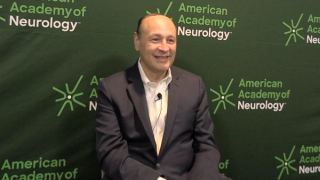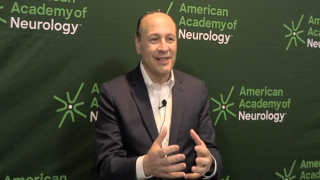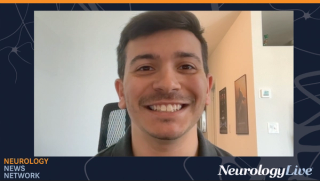
Movement Disorders
Latest News

Latest Videos

CME Content
More News

Cynthia Fox, PhD, CCC-SLP, CEO and co-founder of LSVT Global, discussed the evolution of rehabilitative therapies in PD and stressed early referrals for speech, physical, and occupational therapy.

The design of a phase 2 study, presented at ATMRD 2025, highlighted the trial’s patient-focused approach, allowing patients with Parkinson disease to complete visits either at home or in a clinic.

The medical advisor at Tactical Medical Solutions shared insights from both clinical and personal perspectives on the importance of empathy and active listening in managing Parkinson disease. [WATCH TIME: 3 minutes]

Skyhawk Therapeutics initiates FALCON-HD trial for SKY-0515, a promising treatment for Huntington disease, aiming to modify disease progression.

Here's some of what is coming soon to NeurologyLive® this week.

Neurology News Network. for the week ending June 21, 2025. [WATCH TIME: 4 minutes]

Roche advances prasinezumab into phase 3 trials for Parkinson disease, aiming to explore its potential as a disease-modifying treatment.

Here's some of what is coming soon to NeurologyLive® this week.

Daniel Mikol, MD, PhD, chief medical officer at NervGen Pharma, provided clinical perspective on recently announced positive findings from a phase 1b/2a trial testing NVG-291 as a treatment for spinal cord injury.

Mind Moments®, a podcast from NeurologyLive®, brings you an exclusive interview with Rajesh Pahwa, MD. [LISTEN TIME: 15 minutes]

Here's some of what is coming soon to NeurologyLive® this week.

Here's some of what is coming soon to NeurologyLive® this week.
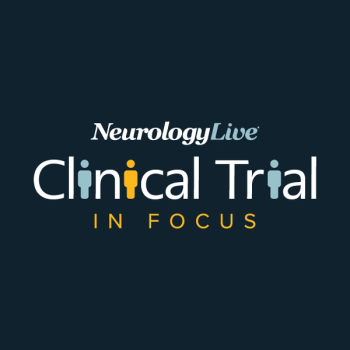
The phase 2 trial tests Roche’s investigational antisense oligonucleotide therapy tominersen in patients with early stages of Huntington disease, a disease with no FDA-approved therapies available.

Explore groundbreaking therapies in development for Huntington disease, targeting its root causes and offering hope for improved patient outcomes.

Take 5 minutes to catch up on NeurologyLive®'s highlights from the week ending May 30, 2025.

Here's some of what is coming soon to NeurologyLive® this week.

Take 5 minutes to catch up on NeurologyLive®'s highlights from the week ending May 23, 2025.

Here's some of what is coming soon to NeurologyLive® this week.
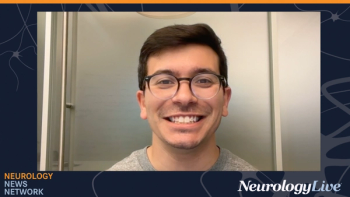
Neurology News Network. for the week ending May 10, 2025. [WATCH TIME: 4 minutes]

The chief scientific officer at Quanterix gave a clinical overview on how the company’s Simoa platform enables ultrasensitive detection of neurodegeneration biomarkers in blood, transforming Alzheimer and Parkinson disease research. [WATCH TIME: 3 minutes]

MeiraGTx's AAV-GAD gene therapy receives FDA RMAT designation, promising innovative treatment for Parkinson's disease through targeted brain infusion.

Panelists discuss how early recognition of dyskinesia symptoms, ongoing patient-clinician communication, and individualized treatment strategies are key to effectively managing Parkinson disease and improving patients’ quality of life.

Here's some of what is coming soon to NeurologyLive® this week.

Take 5 minutes to catch up on NeurologyLive®'s highlights from the week ending May 9, 2025.

Leveraging the Enroll-HD dataset, recent data revealed consistent links between antidopaminergic medication use and worsened cognitive and motor outcomes in Huntington disease.





